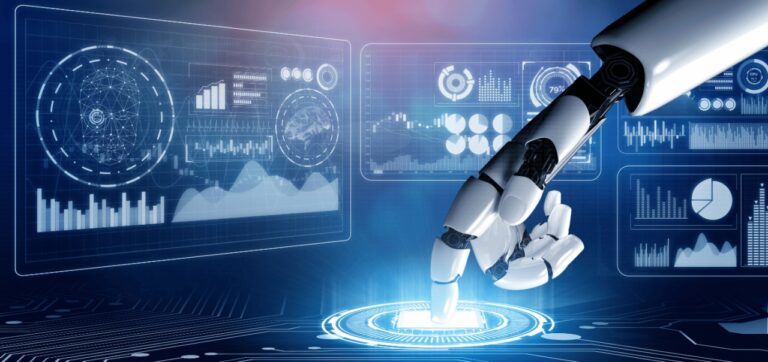Machine learning, a vibrant subset of artificial intelligence, is revolutionizing the way digital marketing campaigns are executed by enabling data-driven strategies that optimize user engagement and boost conversion rates. This technology facilitates the analysis of vast datasets, allowing marketers to discern patterns and make informed decisions swiftly. As digital marketing continues to evolve, the integration of machine learning is not just innovative; it’s essential.
How Can Machine Learning Enhance Audience Segmentation?
Effective digital marketing begins with understanding your audience. Machine learning excels in segmenting audiences based on behaviors, preferences, and demographics by analyzing data points like browsing history, purchase behavior, and social media engagement. This segmentation leads to highly targeted campaigns, where the right messages reach the right audience at the opportune time, thereby increasing the likelihood of conversions.
What Role Does Personalization Play in Engaging Customers?
In today’s digital landscape, personalization is the cornerstone of customer engagement. Machine learning algorithms leverage past user interactions to deliver tailored content and product recommendations. Imagine a user who frequently checks out sports gear on a website. Machine learning can predict their interest in related products, like athletic wear or new fitness equipment, prompting timely and relevant recommendations. This personalized approach not only enhances user experience but also drives loyalty and sales.
Can Predictive Analytics Forecast Marketing Success?
Predictive analytics is another potent tool offered by machine learning, enabling marketers to foresee future trends and behaviors. By examining historical data, algorithms can predict which leads might convert or which marketing channels will yield the highest return on investment. This foresight allows for smarter budget allocation and strategy development, ensuring that resources are focused on the most promising opportunities.
How Does Machine Learning Optimize Content Strategy?
At the heart of any successful digital marketing strategy lies compelling content. Machine learning algorithms assess how different content elements, such as headlines and images, perform to determine the most effective combinations. By understanding what resonates with the audience, marketers can continually refine their content strategies, ensuring that each piece of content not only engages but also converts.
In highly specialized fields like financial AI translation, machine learning also plays a crucial role — enhancing accuracy, consistency, and speed by adapting content for global financial audiences.
What Impact Does Machine Learning Have on Customer Service?
Machine learning is transforming customer service within the digital marketing sphere. Chatbots, powered by advanced algorithms, handle inquiries instantly, providing quick responses that enhance customer satisfaction and streamline support operations. Furthermore, sentiment analysis performed by machine learning helps in identifying common issues and improving service and product offerings based on customer feedback.
How Should Businesses Begin Implementing Machine Learning in Their Digital Marketing Efforts?
Setting Clear Objectives
Before integrating machine learning, it’s crucial for businesses to define clear goals. Whether it’s improving content personalization, enhancing audience segmentation, or optimizing advertising spend, having a well-defined objective guides the strategy and measurement of machine learning initiatives.
Data Collection and Preparation
Success in machine learning depends heavily on the quality of data. Businesses must gather comprehensive data from diverse sources—such as CRM systems, website analytics, and social media interactions—and ensure it is clean and organized for effective analysis.
Choosing the Appropriate Machine Learning Model
Selecting the right machine learning model is vital. While supervised learning models are excellent for predictive tasks with historical data, unsupervised models are ideal for discovering hidden patterns in data without predefined labels. The choice of model influences the success of the machine learning application in digital marketing strategies.
What Are the Challenges of Adopting Machine Learning in Digital Marketing?
The primary hurdle in adopting machine learning is ensuring the availability of high-quality, comprehensive data. Inaccurate or incomplete data sets can skew results, leading to ineffective marketing efforts. Additionally, the complexity of machine learning models requires specific technical expertise, which can be a barrier for smaller organizations without in-house capabilities.
Moreover, ethical considerations must be addressed as machine learning has the potential to perpetuate existing biases in data, leading to unfair outcomes. Businesses must be proactive in mitigating these risks by implementing unbiased algorithms and maintaining transparency in their data use practices.
What Future Trends Will Shape Machine Learning in Digital Marketing?
The future of digital marketing with machine learning points towards more advanced AI-driven chatbots, heightened emphasis on data privacy, and increased adoption of predictive analytics for personalized marketing strategies. These developments will enable more precise targeting, improved customer interactions, and more efficient marketing operations, marking a new era of digital marketing that is both user-focused and data-informed.

